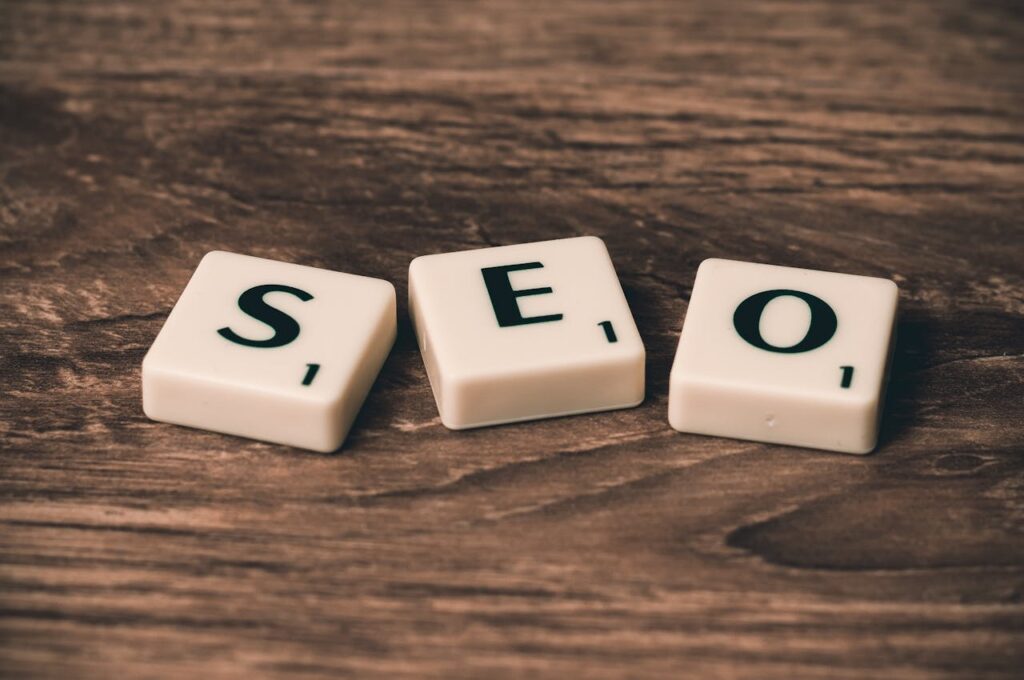

Key Components of SEO:
Keyword Research: Identifying the terms and phrases that potential visitors are searching for and integrating these keywords into your content.
On-Page SEO: Optimizing individual web pages to rank higher and earn more relevant traffic. This includes optimizing titles, meta descriptions, headers, and content.
Technical SEO: Ensuring that a website meets the technical requirements of search engines. This includes improving site speed, mobile-friendliness, and fixing any crawl errors.
Content Creation: Producing high-quality, relevant, and engaging content that satisfies user intent and provides value.
Link Building: Acquiring backlinks from other reputable websites to build authority and improve search engine rankings.
User Experience (UX): Enhancing the overall experience of visitors on your site, including navigation, design, and load times.
Analytics and Monitoring: Using tools like Google Analytics to track and analyze website performance and adjust strategies accordingly.
HOW SEO HELPS YOU TO GROW...
Increase Website Traffic: By improving search engine rankings, SEO helps drive more organic traffic to your website, leading to increased visibility and potential customer engagement.
Enhance User Experience: SEO practices focus on creating a better user experience, such as faster load times and more intuitive navigation, which can keep visitors on your site longer.
Build Brand Credibility: Higher search engine rankings often translate to greater credibility and trust. Users tend to trust sites that appear at the top of search results.
-
Cost-Effective Marketing: Unlike paid advertising, which requires ongoing investment, SEO can provide long-term benefits with relatively lower ongoing costs.
-
Targeted Traffic: SEO helps attract users who are specifically searching for products, services, or information that your business offers, leading to more qualified leads.
-
Competitive Advantage: By optimizing your website, you can outperform competitors in search results and capture a larger share of the market
